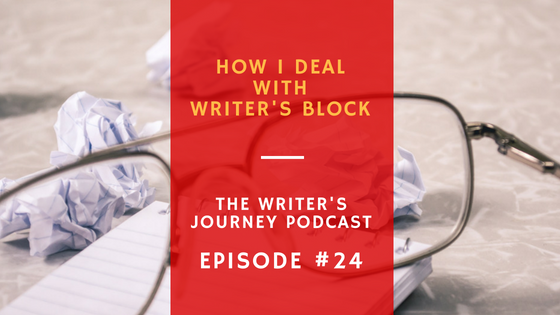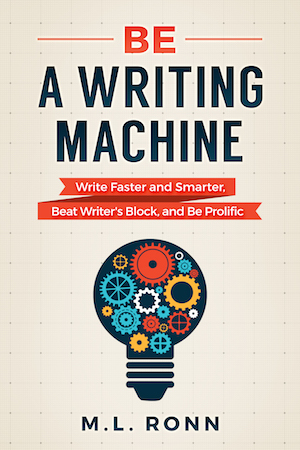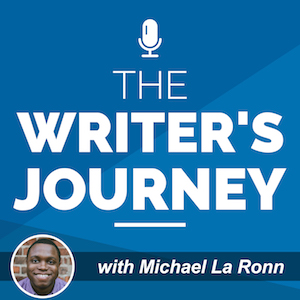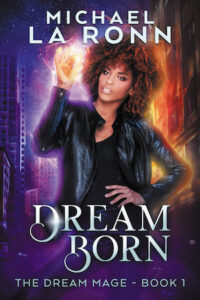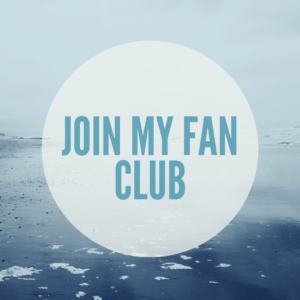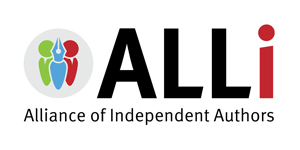
Ep 32: Behind the Scenes of Magic Souls
This week's episode is sponsored by Magic Souls, the subject of the episode! Experience a new kind of interactive adventure–a reimagining of Choose Your Own Adventures, specially designed for ebooks.
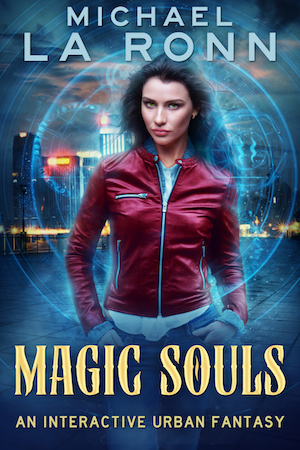
SHOW NOTES
In this week’s episode I go behind the scenes of writing my first novel, Magic Souls. Not only did I have to learn how to write a novel, I had to learn how to write an interactive novel and format it! Easier said than done.
Sound/Music Credits for this week's episode
Intro/Outro Music: “Kick. Push” by Ryan Little.
Sound Effects/Miscellaneous Credits:
Sound effects courtesy of Freesound.org.
TRANSCRIPT
You only write your first book once. And that first book is usually filled with your hopes and dreams.
And in my case, I signed up for double the punishment.
My first novel was an interactive novel I describe as a Choose Your Own Adventure for adults. So not only did I have to learn to write a novel, I had to learn to make it interactive and engaging.
In this week’s episode, I’m going to talk about the process of creating my first book, Magic Souls.
Hello, and welcome to episode 32. This week, I thought I’d take you behind the scenes of my first novel, the one that put me on the publishing map.
The year was 2012, and I’d just gotten out of the hospital. I was listening to all the major podcasts learning how to self publish, but I had no idea what I wanted to write.
Around that time, maybe a few months later, I found myself thinking about the old Choose Your Own Adventure books. They were fun to read and I wondered what had ever happened to them.
I found one on Amazon and was surprised to see a Kindle version.
I downloaded it, expecting to relive my childhood, but what I found was that the book hadn’t aged well. The reading experience hadn’t aged well either, and this kind of interactive book wasn’t easy to read on a Kindle.
I searched to see if the interactive fiction genre had evolved. Aside from a few books that tried to update the genre to the modern era, most of them were in the same style—fun, second person POV with more of a gamebook approach. And there was a big movement for text-based games, but that wasn’t something I was interested in.
I wanted to read a novel like the ones I was reading now as an adult, but interactive. I wanted a book with an adult character who had depth. I wanted a book that wasn’t in the second person. I wanted something with some storytelling behind it rather than just basic, endless choices. I wanted a story structure.
Turns out, that didn’t exist.
So I decided to create it.
I discovered that writing an interactive novel wasn’t going to be easy. I hadn’t written a NOVEL before, so I had to learn how to do that. That in and of itself is enough to make some people quit.
I had to go and punish myself further and make it interactive. But I didn’t know the first thing about ebook formatting. I barely knew what an ebook was. I had read plenty of them, but I didn’t know the first thing about how you’d go about creating one.
Yet I had this vision of an incredibly interactive novel in my mind; one that built upon the traits that made Choose Your Own Adventures so popular, but evolved them.
There were a lot of things I felt were holding this genre back.
The second person POV was one. This is great narrative device if you want levity, but if you want to create a character that readers love and believe in, you can’t do that in the second person.
So I decided before I even had an idea I was going to write in the first person. Huge deviation from the commonly accepted practices in this genre.
I also decided that I didn’t like the loose structure. I wanted to create something that readers would recognize as a beginning, middle and end. The interactivity and story choices would affect the beginning, middle and end, but there would still be a character arc. So I deviated from the genre’s common practices again.
Eventually, I came up with the idea of a moral/ethical story. What if someone had magical powers, and had to make decisions based on those powers? What if those magical powers were granted by a demon? What if the hero or heroine was being controlled by that demon and had to make decisions between worse and worst? What if she had no other choice but to be bad?
I settled on the title How to Be Bad, which later became Magic Souls. It ultimately was the story of Bebe McFerrin, a young attorney who is a pushover. She has no confidence and can’t stand up for herself. When a coworker steals her only chance for promotion, Bebe wishes that she could be stronger.
Enter the demon Ladouche, who grants Bebe the ability to commit any crime without punishment. She can do anything she wants and he guarantees she will have immunity.
So of course, Bebe falls for it and gets revenge against her coworker. When the consequences for her coworker turn out to be life-changing (in a bad way), Bebe regrets the deal and tries to shed her powers. But turns out she’s made a deal with a demon and she can’t break the contract. If she does, she’ll lose her own soul.
Ladouche requires her to steal the souls of three innocent people as payment for his act of kindness.
And this is where the story begins, with Bebe wrestling with her moral dilemma and coming to grips with her new powers.
The story is what I call an ethical train wreck on every page. Bebe has to lie, cheat, and steal her way into three innocent peoples’ hearts, and the decisions you make are really just a matter of how she does it.
There are multiple endings, and the story takes interactivity to the next level.
Instead of flipping pages, I designed the book for e-readers, phones, and tablets, so when you come to a decision, you simply tap on the decision you want.
Also, I built in mechanisms to stop you from getting lost, and it’s easy to go back to where you left off.
And finally, my crowning achievement for this book is that I put a game show in the book. An actual game show that YOU, the reader can participate in. I’m not kidding, and you have to see it to believe it. It’s a complicated game show with multiple rounds that you can win or lose. There are multiple contestants who all make different decisions based on your choices. Seriously, it’s a lot of fun.
Anyway, this book was the result of learning the craft of writing a novel, twisting that and making it interactive, and some sophisticated book formatting.
I like to joke that Magic Souls was an accelerated masterclass in how to write. I almost took on more than I could handle, but it was an amazing experience. When it was time to write my next novel, I was already writing and formatting at a level beyond most people’s second books, at least in the sense that I knew how to write a multi-arc story and execute on multiple plots at the same time.
So that’s the story of my first novel. You can find it at www.michaellaronn.com/magicsouls.
You can also read more about how I wrote my interactive elements in my book, Interactive Fiction. It’s my manifesto on what I believe the genre can achieve.
QUOTE OF THE WEEK
“There are plenty of skills I've learned from playing video games. It's more interactive than watching TV, because there are problems to solve as you're using your brain.” Shaun White
Show's over, but it doesn't have to stop here.
If you liked this episode, you and me are probably kindred spirits.




